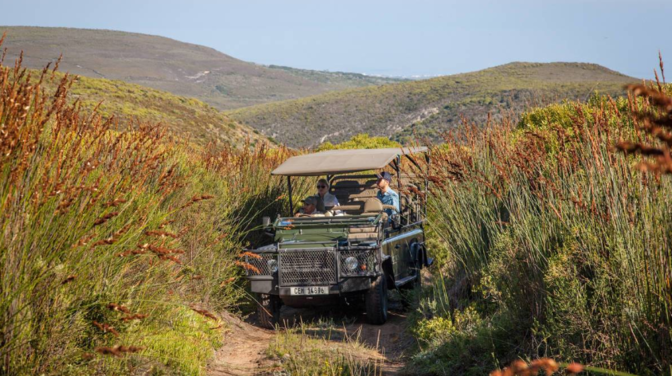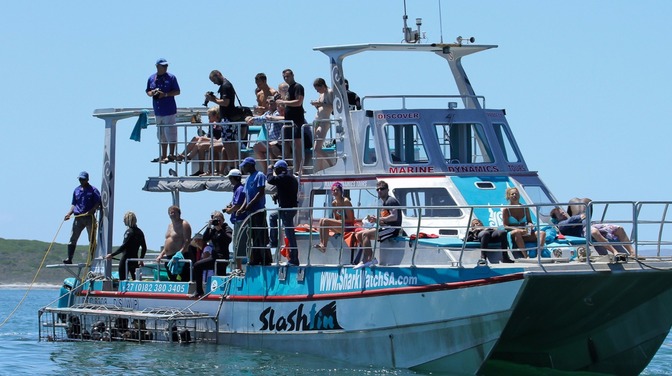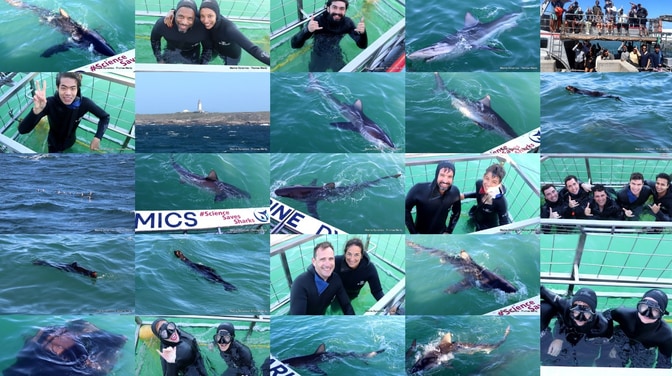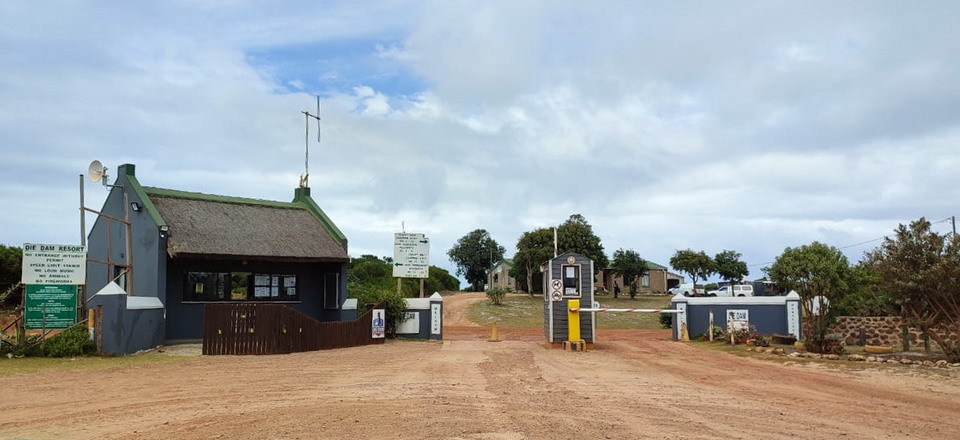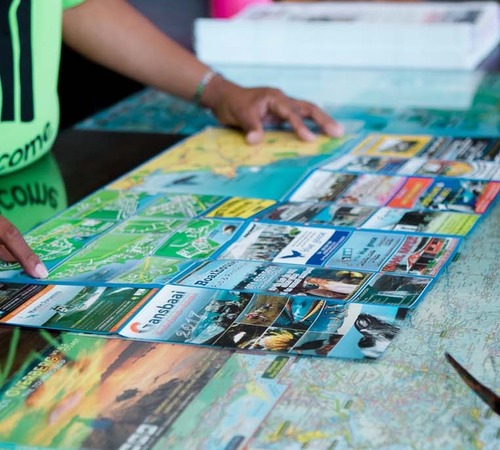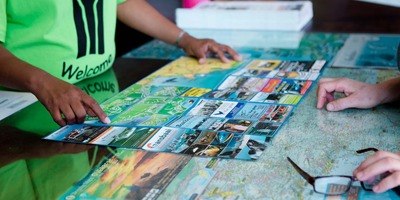The Last Outpost
When I first started coming to Pearly Beach in the 1970s, access was on a gravel road that went through Baardskeerdersbos and then turned right and headed in an almost straight line for the sea. There was the Campsite, no more than thirty or forty houses and a concrete water tower. No electricity and no tarred roads. I was only in my mid-twenties but I had already formed a strong aversion to city life and thought that this place was sufficiently remote to be safe from development for a long time.
I later learned that in 1952 a piece of land adjacent to the Campsite, which had been popular with surrounding farm communities as a holiday and fishing destination for several generations, was approved by the Surveyor General as the site for a new town. The area, including the Campsite, was part of the farm Klein Hagelkraal owned by Charlie van Breda.
Klein Hagelkraal was acquired by Jerry Puren in 1959. A builder and cabinet maker from Worcester, he settled in Pearly Beach and became the resident contractor, responsible for most of the early dwellings that were built over the next twenty-five years.
As the number of houses grew, the need for a more direct access to Pearly Beach became urgent. In 1973 the present bridge over the Uilenkraal River was built and work on a direct route to Pearly Beach commenced. Before this time the river had formed a natural barrier that could only be forded by swimming or wading across it at low tide. A wooden bridge suspended on ropes was built in the 50’s, but it could not support anything heavier than pedestrian traffic.
It was while the gravel road from the bridge to Pearly Beach was under construction that the Nationalist government intervened and directed that it be extended beyond its originally intended end point. Not only that, it was to be upgraded to the standard of a National Road. Although no official explanation for this apparently senseless deployment of resources was forthcoming, it was understood to be part of a secret military strategy. The road would be taken to the missile testing range at De Hoop, which was to play an important part in the apartheid regime’s plans to develop a nuclear arms capability. However, the project was halted in the late 1980’s, the road having reached ‘the middle of nowhere.’
To this day, nearly 40 years later, the R43 still comes to an abrupt halt at the same dead end where it stopped four decades ago. If a fatigued or inebriated driver fails to heed the warning signs and hazard bumps, he or she will crash headlong into the game fence that encloses Agulhas National Park. But those who manage to stop in time are obliged to turn around and retrace their steps without having reached anywhere of note. And if they are reluctant to do that, they could turn sharp left onto a corrugated gravel road that will eventually take them to Bredasdorp, if their car does not shake to pieces before they get there.
One other option is to turn right and head for the sea, which lies just a couple of kilometres down a dirt road. Situated in the lee of a Milkwood-clad dune is the caravan and camping site known as Die Dam. There is also a collection of modest holiday chalets, some of which are now permanently occupied. The road runs along the rocky seafront and ends at the last fisherman’s cottage. Beyond that there is a sandy 4x4 track through Strandveld vegetation to Quoin Point, but it is not open to the public.
In recent times I have come to think of Die Dam as the last outpost, at the end of the line and furthest from civilization. I used to consider Pearly Beach safe from the development that would destroy the atmosphere of a remote seaside settlement where it was still possible to live in harmony with nature. However, in the past three years there has been an influx of people to the area that has brought about a feeling of encroaching suburbia. New houses are being built all over the town, indigenous vegetation is being eradicated and replaced with roll-on lawns, bright lights pollute the night sky, dogs bark incessantly and traffic rumbles through the streets. In addition, many of the new arrivals display the arrogant attitude of colonisers intent on civilizing a primitive backwater.
To escape this onslaught, I suppose I could sell up and move to the last outpost, but at this late stage it is not really an option, considering the upheaval it would entail. Instead, I will have to stop bemoaning these unwelcome changes and try to enjoy what remains of a once idyllic place to live.
To view my longer work as an author, you can find me on Smashwords here.

